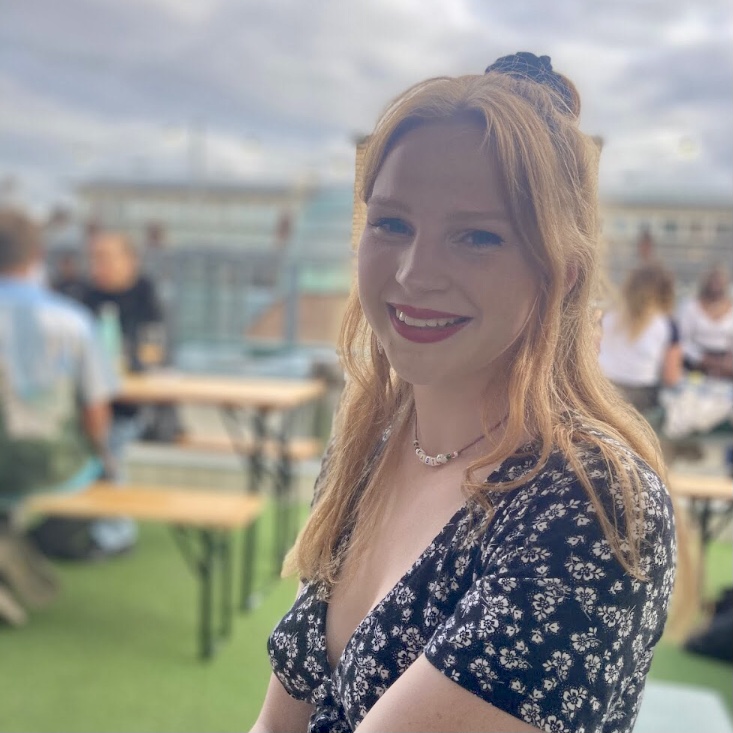LIFD Early Career Researcher Spotlight: Kasia Nowakowska
Thesis title: Nowcasting using a Simplified Model for Atmospheric Convection
School/ Faculty: CDT in Fluid Dynamics, School of Computing
Supervisors: Prof Douglas Parker, Prof Steven Tobias and Dr Lorenzo Tomassini (Met Office)
Tell us a bit about yourself:
I am currently in my third year of the CDT in Fluid Dynamics and my seventh year living in Leeds, having graduated from the university with an integrated masters in mathematics in 2021. It was during my undergraduate degree where I first developed a real interest in applied maths, particularly through my final year project investigating equatorial waves.
Outside of work, I love playing netball, hiking and binging the latest TV shows!
What is your research about?
My research focuses on exploring nowcasting using a simplified model for the atmosphere. Nowcasting is described as the current state of the atmosphere and the short-term prediction of the weather (up to 6 hours ahead). Traditional methods use observational data to forward predict thunderstorms, but they struggle to pick up the initiation and decay of storms. My project aims to simplify the system, by using a moist extension to classical Rayleigh-Bénard convection as our model data. In this model, we observe the initiation and decay of convective plumes caused by gravity wave interactions. The aim here is to use machine learning, in particular echo state networks to forward predict the variables (our version of observational data) and predict these convective events.
Earlier this month I was lucky enough to take part in the Weather and Climate Information Services Early Warnings for Southern Africa (WISER-EWSA) project, focusing on using real-time observations to provide nowcasting information and early warnings to local communities. It was a great opportunity to work alongside an international team of forecasters from Zambia, Mozambique, South Africa and the UK to learn more about nowcasting and the impacts of severe weather events. As discussed above my own research is more fundamental so being a part of the project allowed me to understand the context of my own work and the long-term impacts.
What did you wish you knew before starting a PhD?
I think what I've found most challenging is persevering when tasks take a lot longer than expected. It can be especially frustrating when fixing one problem leads to another! I've also found it important to take opportunities such as attending seminars and conferences, teaching undergraduates and participating in field campaigns and projects like the one above. Engaging in these activities has allowed me to develop a diverse set of skills that I wouldn't have gained solely through my project work and has given me the chance to connect with researchers from all over the world.
What are your plans for the future?
I still have around 18 months left of my PhD and so am still working out what I want to do next. I have really enjoyed working on weather forecasting during my project and would like to continue working in this area. I am also interested in continuing my work with machine learning as I think there is so much more to learn – particularly when applied to nowcasting problems.

